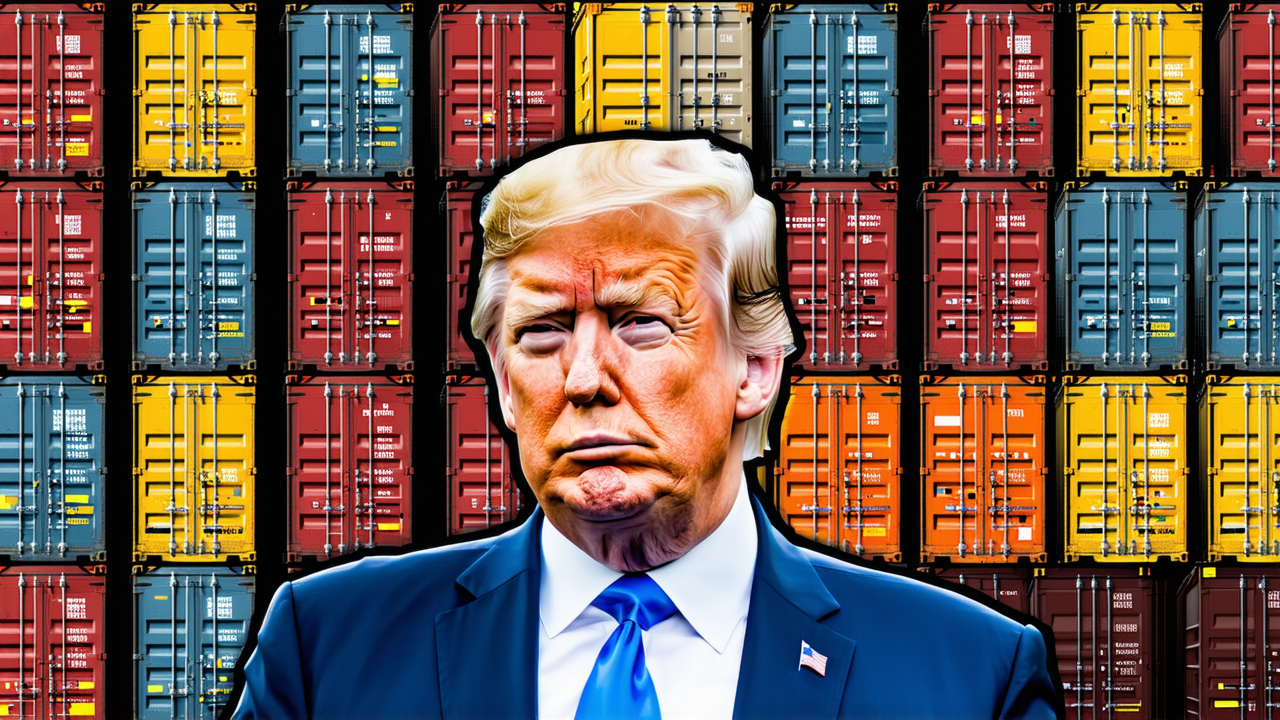Trump Administration Announces New Tariff Rates
Keywords: tariffs, Trump administration, trade deals, international trade, economic policy, trade deficit, U.S. imports, trade negotiations, global markets, economic impact
Back to News List
Tuesday, 05 August 2025
The Trump administration has announced new tariff rates on imports from various countries as part of its broader trade strategy. These rates are based on trade balances with the United States, with higher tariffs imposed on countries with which the U.S. has larger trade deficits. Notably, tariffs on Canadian goods will increase from 25% to 35%, effective Friday, following the administration's assertion that Canada has not done enough to address drug trafficking issues. The White House has also announced that Mexico will receive a 90-day extension on tariff negotiations, with an expected August 12 deadline for a deal with China being extended for three months. The administration claims that these tariffs are designed to reduce trade deficits, support domestic manufacturing, and generate federal revenue. However, critics argue that the tariffs may ultimately be passed on to consumers in the form of higher prices. The U.S. Treasury reported that tariff revenue in June reached $27 billion, more than three times the amount collected in the same period last year. Global financial markets reacted negatively to the announcement, with stock futures for major indices declining. The White House has stated that it is open to negotiations with countries that have not yet reached trade agreements, despite the new tariffs taking effect. The administration has also highlighted the benefits of recent trade deals with countries such as the European Union, Japan, and South Korea, which have resulted in reduced tariffs on U.S. exports. However, experts note that the deals have not always led to significant changes in tariff rates for the rest of the world. The administration has faced criticism for not meeting its goal of securing '90 deals in 90 days,' with only a few bilateral agreements and the EU deal being announced. The White House has defended its trade strategy, emphasizing that it has unlocked market access for American exports and is helping to spur investment in U.S. manufacturing. Despite these claims, the administration's trade agenda has been met with skepticism, with some experts suggesting that the White House has struggled to deliver on its ambitious trade goals.
